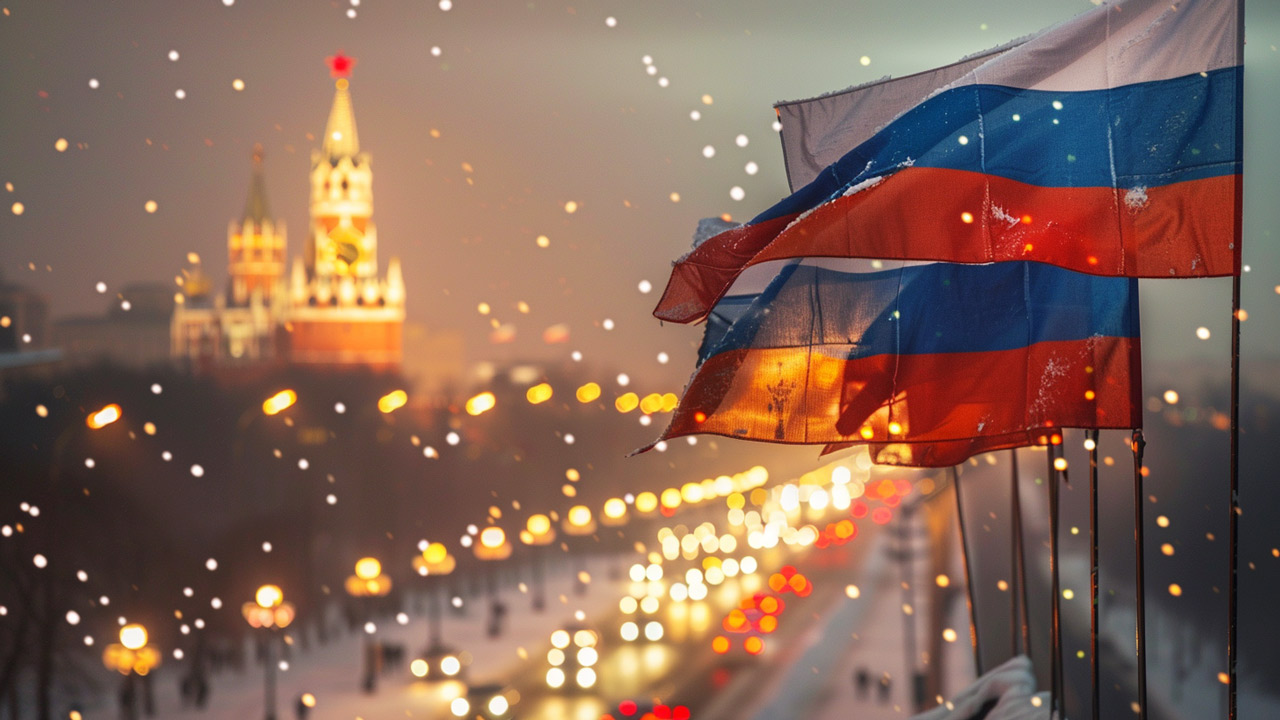Markets, Watch Out: Russia Threatens Retaliations Against U.S. | SchiffGold

“Retaliatory measures will definitely follow,” Kremlin officials promise the U.S. ambassador after a Ukrainian missile strike was allegedly conducted with U.S.-supplied weapons and intelligence.
“You should ask my colleagues in Europe, and above all in Washington, the press secretaries, why their governments are killing Russian children,” said Dmitry Peskov, Kremlin spokesperson, following Sunday’s strike on Crimea that injured more than 150 people and killed at least four. Bitterly adding: “We perfectly understand who is behind this.”
Russian officials claim not only that the weapons used in the attack were supplied by the U.S., but also that they were programmed and aimed by the U.S. military. That’s enough, according to the Kremlin, to make the U.S. “a party to the conflict,” a player in Ukraine’s so-called “proxy war.”
On Monday, a day after the Ukrainian strike on what it claims as its own territory, a Russian missile attack killed at least five people in the Ukrainian town of Pokrovsk, leaving both children and adults wounded. With retaliation on Ukraine swift, brutal, and decisive, Putin is now turning his attention toward plans for the U.S.
It won’t be hard for the Russian president to choose a move that will make the nation squirm, even without deploying the nuclear weapons he’s touting via sensationalist Western news outlets. Putin is unlikely to risk inflicting violence on a trade partner worth $5 billion (even after trade with the U.S. plummeted to near-USSR collapse levels).
But there’s one conspicuously sitting duck beneath the wheels of the Russian political machine. Evan Gershkovich, Wall Street Journal reporter, and American citizen, has been a prisoner of the regime for more than a year. His trial kicked off this week, putting the journalist in jeopardy of 20 years in prison if convicted of colluding with the CIA.
“The only people present in the court will be the judge, state prosecutor, the defendant, his lawyer, and a clerk,” lawyer Evengy Smirnov, who specializes in helping defendants like Gershkovich, told Reuters. “There is no doubt the Russian authorities initiated this case solely for political reasons”—which have only intensified since Gershkovich’s capture.
It’s an easy lever for Russian negotiations. Give us–, let us–, don’t fight back—or we’ll convict your man. The collateral for Gershkovich’s release could be almost anything. Prisoners, trade agreements, money, or investments may all be up for grabs and could radically alter the economic and political landscape surrounding high-value trade channels and resources.
Despite mounting tensions, Russia and Ukraine have apparently managed to swap 90 POWs following the mutual attacks, according to a statement from the Russian Defence Ministry. This is an oddly amicable move, possibly a sign that Putin is seizing on these attacks as an opportunity to target the U.S. economy rather than focusing on his Ukrainian adversaries.
It’s time to call the U.S.-Russia conflict what it is: an economic war fought with sanctions and trade rather than with guns. In this battlefield, currency is the weapon. And Putin is fortunate to have inflationary U.S. policy on his side in his fight to blow up U.S. market stability.
With all this economic and political upheaval, it may come as a surprise that gold prices have stumbled this week. This cooling, however, maybe only a breath before the plunge. More Fed data will be released later this week, letting investors know how much inflation to expect and how to profitably redistribute holdings. A highly cautious strategy would be waiting to enter the market until the close of the week, even if it means paying a “hesitancy tax” above current prices.
In the wake of Russian conflicts, it’s reasonable to expect shakeups in both precious and base metal markets. Russia is a significant supplier of platinum, and Ukrainian soil is rich in copper and lithium. Both countries will take hits in the coming cycle of mutual retaliation. Both are trade partners with the U.S. Both will transmit their own economic upheaval into global metals markets, squeezing supply chains, teasing threats of shortages in exchange for benefits, and driving prices ever-upward as investors fear limited access to resources.
It’s not yet clear which economic weapon Russia will fire. But the Kremlin wants the U.S. to know: You’ll find out soon.
“Of course, the involvement of the United States in the fighting, as a result of which peaceful Russians are dying, cannot but have consequences,” Kremlin spokesperson Peskov said. “Which ones exactly—time will tell.”
Call 1-888-GOLD-160 and speak with a Precious Metals Specialist today!








